Why is there nanotechnology in agriculture in india? Agriculture naturally has problems, and human demand for food is increasing day by day due to population growth. In developing countries, agriculture and the production of raw materials are the basis of their economy. There are problems such as poor soil fertility, dependence on raw materials, poverty and malnutrition. The best nanotechnology is the scientific advancement in these countries to innovate and improve their production.

Which Case nanotechnology is the best?
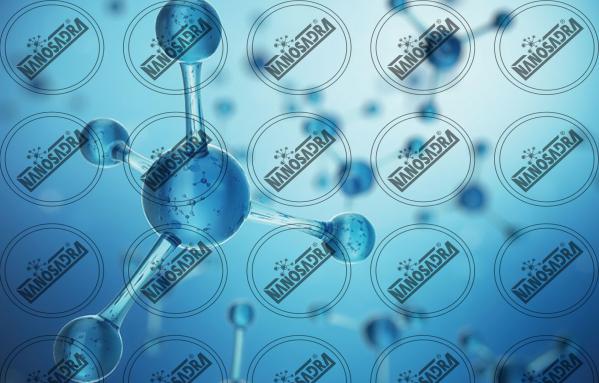 From time immemorial, increasing the production and exploitation of agricultural products has always been common through the management of crops and their protection against pests and diseases. Advanced technologies each have their own limitations and are unable to remove obstacles to agricultural progress. Nanotechnology, which is the science of working with the smallest particles, helps to remove these barriers as soon as possible.
From time immemorial, increasing the production and exploitation of agricultural products has always been common through the management of crops and their protection against pests and diseases. Advanced technologies each have their own limitations and are unable to remove obstacles to agricultural progress. Nanotechnology, which is the science of working with the smallest particles, helps to remove these barriers as soon as possible.
Despite the great efforts of agricultural scientists, unfortunately, the productivity and efficiency of crops is less than their capacity, and the reason for this is the lack of water and nutrients used by crops and pests and weeds on the plant.
Nanotechnology is a new scientific approach that is able to overcome these barriers and is expected to increase the efficiency and effectiveness of crop plants in the coming years and meet the challenges of food security processing.
The use of this science in agriculture is limited to theoretical research. Despite all these conditions, it still has a great impact on agriculture, such as the improvement of new cultivars, the development of new active ingredients and intelligent chemical delivery systems such as herbicides, chemical fertilizers and pests. Cachers have removed the remnants of herbicides and pesticides from plants, soil, etc., which will continue to grow more rapidly in the not-too-distant future.
Today, nanotechnology in agriculture in India is characterized by nanosensors that determine how much food and toxins each small part of the farm needs, thereby preventing contamination of the biofilm and increasing crop health and economic efficiency.
In the near future, the nanotechnology quality with the help of genetic engineering can be seen in the taste of food.
Nanotechnology can be used to make fertilizers and chemicals suitable for any environment to protect plants against insects.
One of the problems of human beings in the future is the lack of drinking water and water for agriculture.
Big market for buying best nanotechnology
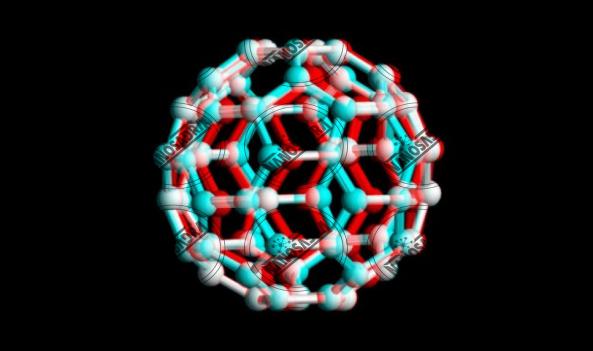 Nanotechnology supports India’s agricultural market and seeks to make cheap nanotechnology products and more efficient.With its help, you can get the most out of your farmland and also provide the best fertilizer for your land and save your farmland from insects and pests.
Nanotechnology supports India’s agricultural market and seeks to make cheap nanotechnology products and more efficient.With its help, you can get the most out of your farmland and also provide the best fertilizer for your land and save your farmland from insects and pests.
Who produce best nanotechnology?
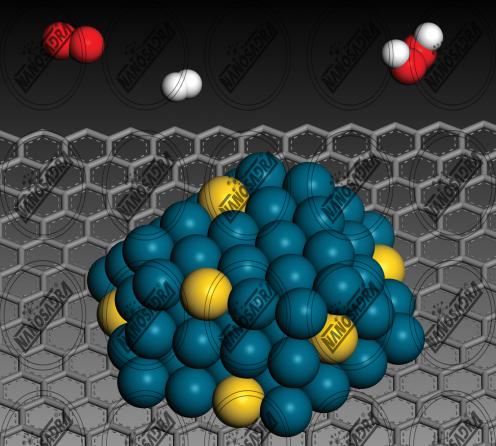 According to statistics in 2018, more than 10% of the world’s scientific articles are related to nanotechnology, which ranks India third in the world after China and the United States.
According to statistics in 2018, more than 10% of the world’s scientific articles are related to nanotechnology, which ranks India third in the world after China and the United States.
Application of nanotechnology in agriculture:
- Nano applications in the field of agricultural machinery
- Application in body coatings of agricultural tools, machines and tools, and even glass to increase corrosion and abrasion and reflect UV waves
- Production of more robust mechanical parts using nanocarriers and the use of bio-sensors in intelligent machines for mechanical-chemical control of weeds
- Optimizing the amount and shape of toxins used and spraying devices
- Production of bearing nano-coatings to reduce friction
- Production of various parts of agricultural machinery resistant to wear, corrosion, heat and reduced friction
- Their use in the production of alternative fuels and less environmental pollution
New developments in nanotechnology in agriculture:
• Accurate farming
• Improve the taste of food
• Reduce the consumption of herbicides and pesticides
• Increasing the marketability of different plants by producing nano-seeds
• Genetic improvement of plants and animals
• Improving the packaging of agricultural products: Some companies are developing nanomaterials to keep food healthy for longer.
• Production of environmentally friendly chemical compounds
• Increase the performance of greenhouses and farms
• Salt dehydration and more economical water treatment for drinking and agriculture
• Reduce pollution and wastewater
• Increasing the potency of medicines for livestock
• Vulnerable and biocompatible nanoparticles
• The use of silica extracted from rice husk in the synthesis of nanoparticles of magnetic silicate
• Application of nanostructured ceramic membranes for whey concentrate production



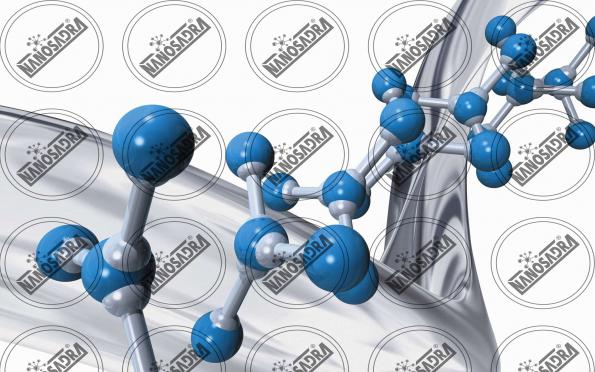
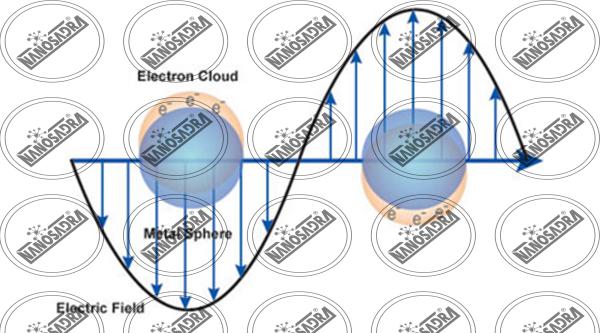
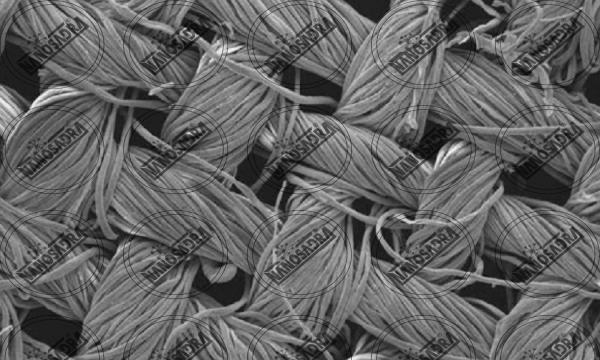
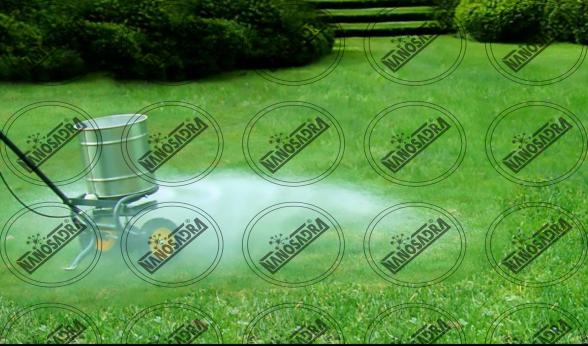
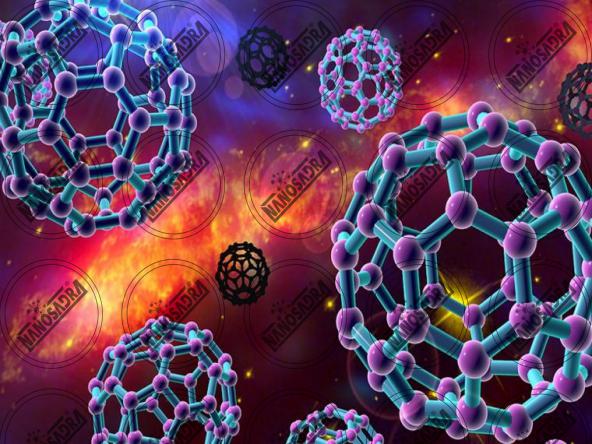

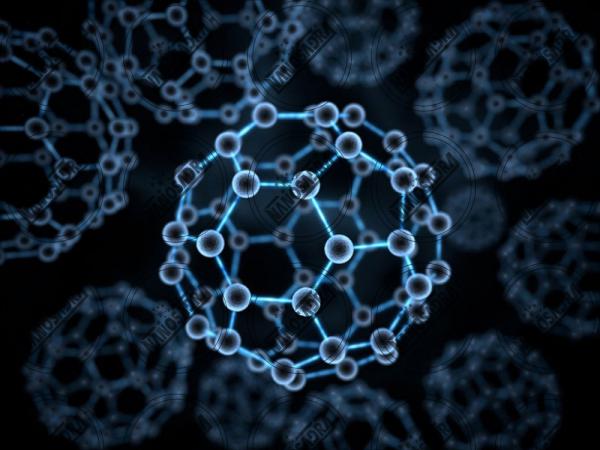
Your comment submitted.